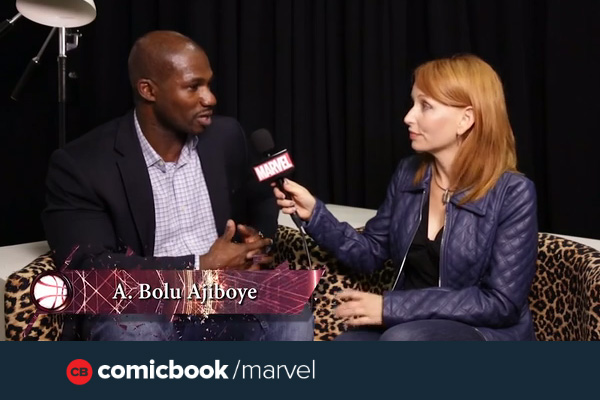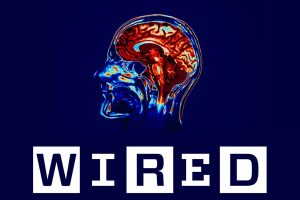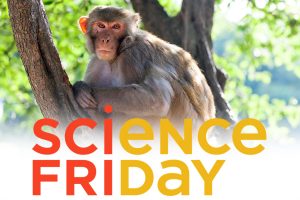For Amputees, Reactivating the Sense of Touch
When Keith Vonderhuevel lost his arm in a factory accident, he never thought that he’d be able to feel his hand again. That may very well change. Keith is currently a research subject at the Cleveland VA Sensory Restoration Lab, where a team of engineers is pioneering prostheses that allow amputees to feel touch, pressure…
Details









